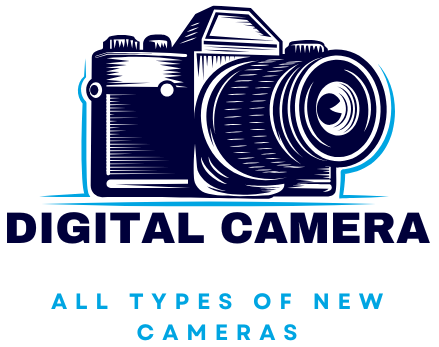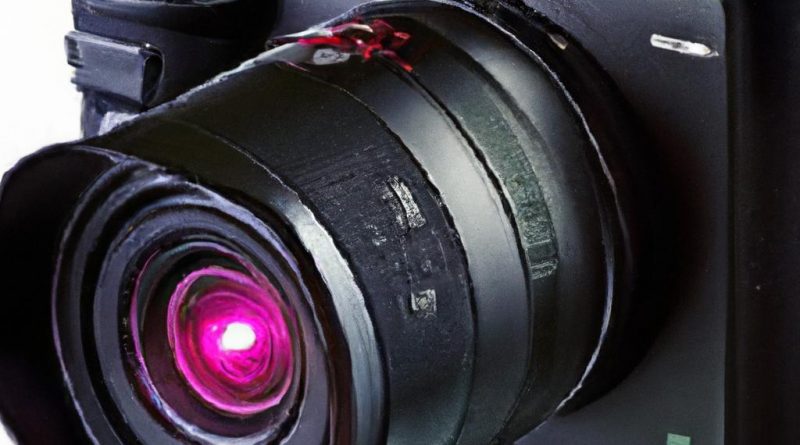How to choose a camera for product photography
| We have chosen the BEST photography digital camera with bargain price Now just for you ! Click HERE to check our different photography digital camera for your need. Team chose the BEST Digital Camera |
How to Choose a Camera for Product Photography
In the world of e-commerce and digital marketing, high-quality product photography is essential for showcasing your products effectively. The right camera can make a significant difference in capturing eye-catching images that can attract customers and drive sales. In this comprehensive guide, we’ll cover everything you need to know to choose the best camera for product photography.
Why Product Photography Matters
Product photography plays a crucial role in online retail and branding. Here are a few reasons why investing in good photography is a must:
- First Impressions: High-quality images create a positive first impression, encouraging potential buyers to explore further.
- Enhanced Credibility: Professional-looking photos instill trust in your brand and products.
- Increased Sales: Compelling visuals can considerably boost conversion rates.
Key Features to Consider When Choosing a Camera
When selecting a camera for product photography, several key features play an critically important role. here’s what to look out for:
1. Sensor size
The sensor size of your camera directly affects image quality. Larger sensors typically produce better quality images with less noise, especially in low-light conditions:
- Full-Frame Sensors: Known for excellent dynamic range and depth of field.
- APS-C Sensors: A cost-effective option that still offers great performance.
- MFT Sensors: Compact and lightweight, but may not provide the same image quality.
2. Megapixel Count
More megapixels allow you to capture finer details, essential for product images. Aim for at least 16 megapixels for good-quality product photography.
3. Lens Versatility
Having the right lens can dramatically affect your shots:
- Macro Lenses: Perfect for close-up shots of small products.
- prime Lenses: Typically sharper and faster, ideal for static products.
- Zoom Lenses: versatile for varying distances, useful for dynamic setups.
4. Image Stabilization
Look for cameras with in-body image stabilization (IBIS) or optical stabilization in lenses to reduce blurriness from handheld shooting.
5. Manual Controls
Manual settings allow you to adjust ISO, shutter speed, and aperture for capturing specific lighting conditions and effects.
Camera Types for Product Photography
There are several types of cameras to consider for product photography:
| Camera Type | Pros | Cons |
|---|---|---|
| DSLR | Great image quality, extensive lens options, optical viewfinder | Bulky design, can be expensive |
| Mirrorless | Compact, lightweight, superior autofocus | Shorter battery life, fewer lens options |
| Point-and-Shoot | portable, easy to use, affordable | Limited manual controls, lower image quality |
| smartphone Cameras | Convenient, high-quality images, built-in editing apps | Limited manual settings, lower performance in low light |
Benefits of Investing in a Quality Camera
Choosing the right camera for product photography can lead to numerous benefits:
- Better Image Quality: Higher resolution images provide more detail.
- Creative Control: Manual settings enable you to express your artistic vision.
- Professional appeal: Your brand image becomes more polished and credible.
Practical Tips for Product Photography
After selecting your camera, here are some practical tips to enhance your product photography:
- Use Natural Light: Whenever possible, use natural light for softer shadows and vibrant colors.
- Backdrop Choice: Use simple backgrounds to keep focus on the product.
- Tripod Use: A tripod stabilizes your camera and reduces blurriness.
- Experiment with Angles: Capture products from various angles to highlight their features.
Case Study: A Successful Photography Transformation
One small business owner, Lisa, struggled with low sales due to poor product images on her e-commerce site. After investing in a mirrorless camera and implementing the tips mentioned above, her sales increased by 150% within three months. Lisa now takes pride in the quality of her images, which effectively showcase her handmade jewelry.
First-hand Experience: My Photography Journey
As a product photographer myself, I started with a basic point-and-shoot camera. While it provided decent images, I noticed my work lacked vibrancy and detail. After upgrading to a DSLR with a macro lens, my craft improved dramatically-allowing me to capture sharp, lovely images that drew in clients. Understanding the importance of camera features made all the difference in my photography journey.
Conclusion
Choosing the right camera for product photography is an investment that can yield impressive returns. By considering factors such as sensor size, megapixel count, lens versatility, and camera type, you can make an informed decision that suits your needs. Remember to take advantage of practical tips and learn from others’ experiences to elevate your photography skills.With the right tools and knowledge at your disposal, you’ll be well on your way to producing stunning product images that captivate and convert.
| We have chosen the BEST photography digital camera with bargain price Now just for you ! Click HERE to check our different photography digital camera for your need. Team chose the BEST Digital Camera |

